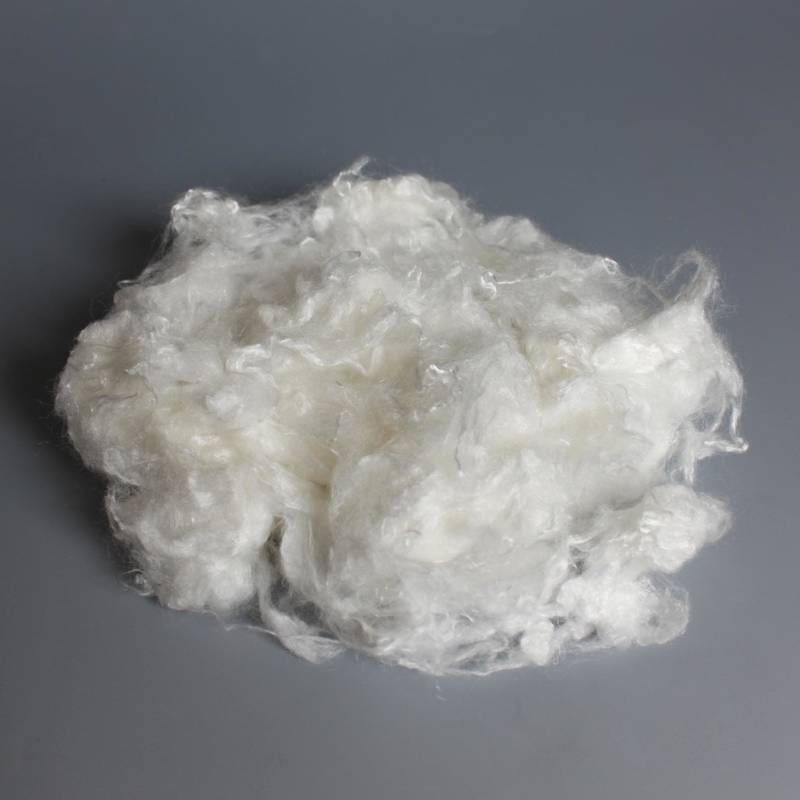Raw material competitiveness is one of the keys for Atma Nirbhar Bharat, the Indian Texpreneurs Federation (ITF) has appealed to Union textile, commerce and finance ministries to remove antidumping duty on viscose fibre. Doing so will create a level playing field for the entire viscose value chain and help a big section of MSMEs in their growth.
In the post-Covid environment, world’s largest consuming markets like the US are favouring India as one of the preferred alternate destinations for textile and apparel sourcing. In addition, many countries like Vietnam are also looking to source more fabrics from India. Here, the biggest volume of business is emerging from manmade fibre (MMF) & blended fabrics and apparels. Hence, Indian companies need to focus on these products to increase the country’s exports, ITF said in a press release.
Presently there are two major raw materials in the MMF space—polyester fibre and viscose fibre. Of these, polyester fibre is available in India at international prices due to structural changes brought out in previous budget with the removal of anti-dumping duty on PTA, and the whole value chain is now improving on the exports’ front.
At the same time, due to anti-dumping duty protection at fibre stage, viscose fibre prices in India are much higher than international prices with a difference of around ₹20 to ₹23 per kg. “This undue protection at basic raw material stage by way of antidumping duty affects the entire value chain of textiles. With only one manufacturer for this fibre in India, it’s like monopolising the trade and with higher cost of raw materials, entire value chain is struggling to compete in the global markets,” the Coimbatore-based organisation said.
Moreover, Indian spinners are also facing huge injury due to multi-fold jump in cheap Chinese yarn imports. The import of VSF spun yarn was 2022 tonnes during the year 2016-17 and the same increased to 56,262 tonnes in 2019-20. “It is because the landing cost of Chinese yarn is cheaper by ₹20 per kg than the manufacturing cost of Indian spinners,” the ITF release said.
Countries like Bangladesh, Vietnam, Cambodia have gained exponential share in the global MMF based textile and clothing exports, as these countries have access to fibre at international prices, which makes them competitive globally even without having their own source of raw material.

